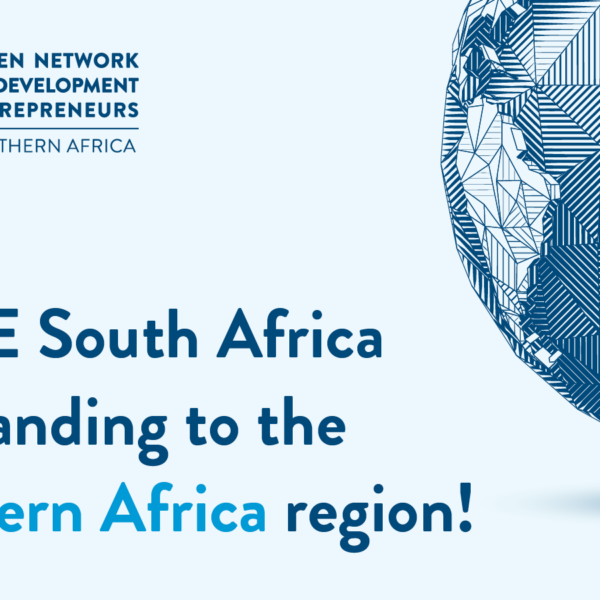The Southern Africa chapter is headquartered in Johannesburg, South Africa, and serves members across the Southern Africa region.
Members of the Southern Africa chapter benefit from the opportunity to network, collaborate, and engage in robust conversations with like-minded organizations. The chapter brings together ecosystem players to learn from each other and connect to ANDE’s extensive regional and global activities, all while working together to support Southern Africa’s SGBs.
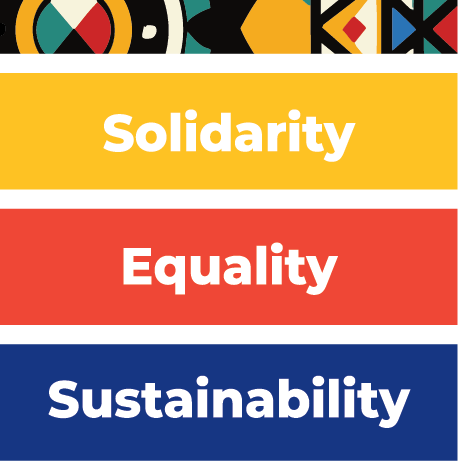
This four-part, in-person learning series will spotlight African perspectives in global policy conversations through interactive, thematic sessions aligned with key G20 Engagement Groups. Using scenario planning, each session will convene leaders from entrepreneurship, policy, research, and funding sectors. Insights from the sessions will shape targeted policy briefs, culminating in a comprehensive G20 Entrepreneurship Policy Memo.
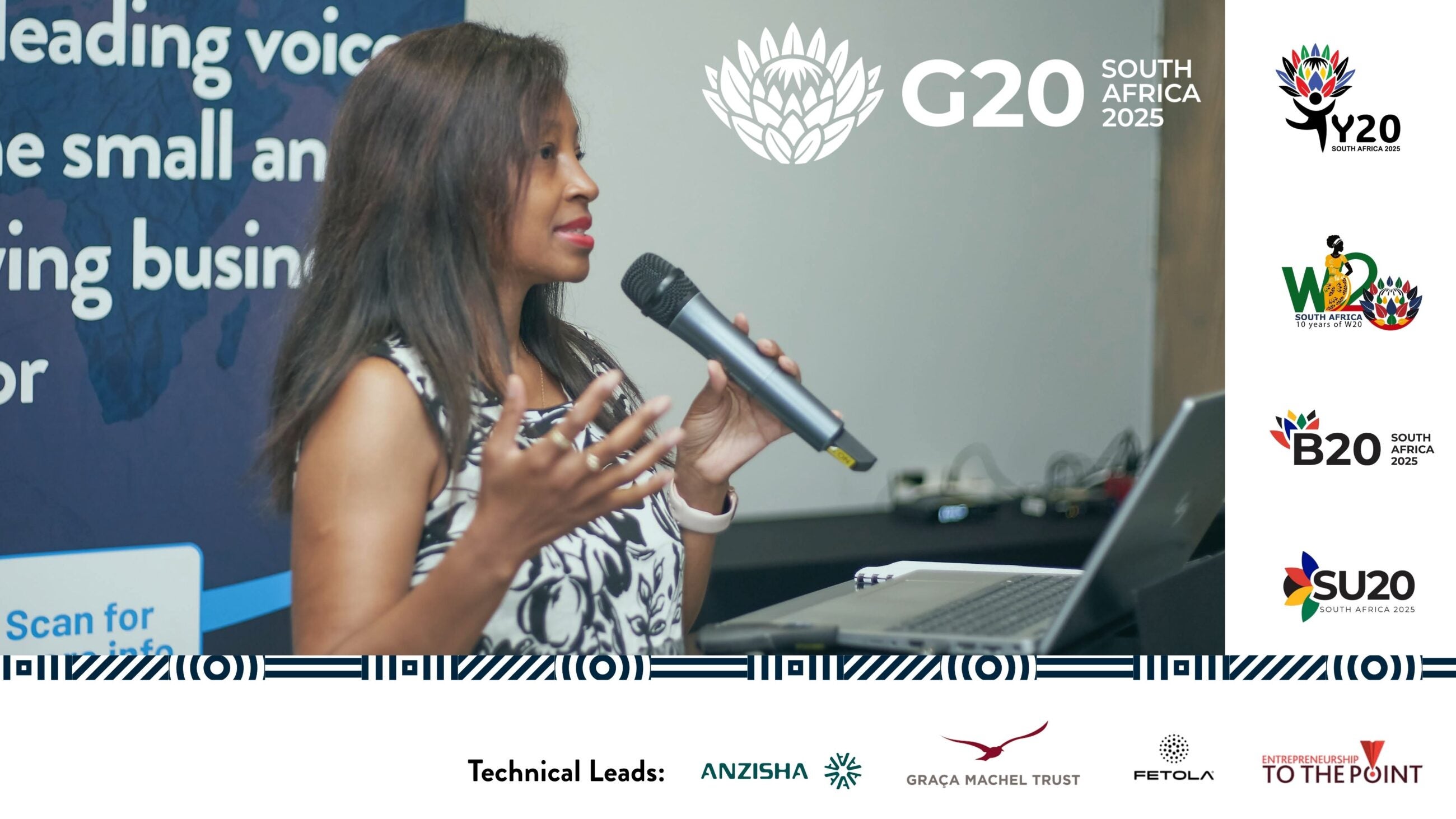
These sessions foster meaningful exchange, generate entrepreneurship insights, and shape Africa-led policy recommendations for G20 Engagement Groups.
South Africa faces significant economic challenges, with youth disproportionately affected by high unemployment rates and limited economic participation. Townships, home to a significant portion of the unemployed population, are now focal points for addressing youth entrepreneurship as a solution. However, sparse data on township youth entrepreneurial activity hinders effective support strategies. This research indicates that proximity issues, such as isolation and lack of access to information, are key barriers for both youth entrepreneurs and business development support providers. Current support efforts often lack relevance and fail to target high-growth potential businesses. To improve outcomes, there's a need to shift focus towards reaching more youth entrepreneurs and tailoring interventions to their needs.
South African politicians frequently refer to entrepreneurship as a potential solution to the economy’s significant unemployment problem. In reality, many entrepreneurs need to come from townships. Numerous reports address challenges faced by South African entrepreneurs. What distinguishes this report from extant studies is that this report features the voices of entrepreneurs and entrepreneur support organisations (ESO) to vividly portray township entrepreneurs’ challenges through in-depth interviews. This report also aims to elucidate the factors that contributed to the success of exemplary township entrepreneurs despite existing challenges and other strategies that ESOs can employ to guide more entrepreneurs to emulate these success stories.
Since its founding in 2009, the Aspen Network of Development Entrepreneurs (ANDE) has tracked the state of the small and growing business (SGB) sector globally through its bi-annual State of the Sector reports. One of the most dynamic markets for small business growth is South Africa. The South African entrepreneurial ecosystem requires innovative solutions to increase the available finance, improve access to markets, reduce bureaucratic burdens, and strengthen the capacity of small businesses and start-ups. This report examines the state of the SGB sector in South Africa as of 2023 by assessing the amount and type of financial support available to enterprises, the type of capacity development offered, and trends in the policy landscape that affect the entrepreneurial ecosystem. The report concludes by highlighting the activity of ANDE and its member
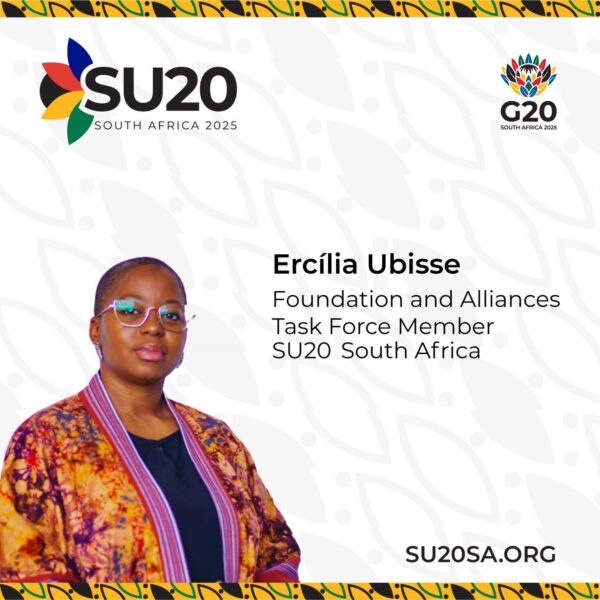
Represented by Southern Africa Regional Head Ercilia Mata Ubisse, ANDE will contribute data-driven insights and grassroots perspectives to strengthen global startup and MSME ecosystems through the G20 platform.

The burden of red tape is, of course, felt disproportionately by small businesses. Now more than ever, there is a strong need for more action-oriented public-private dialogues, partnerships, advocacy, and knowledge sharing to continue to reduce red tape and ensure the success of these small businesses that are the lifeblood of our economies.
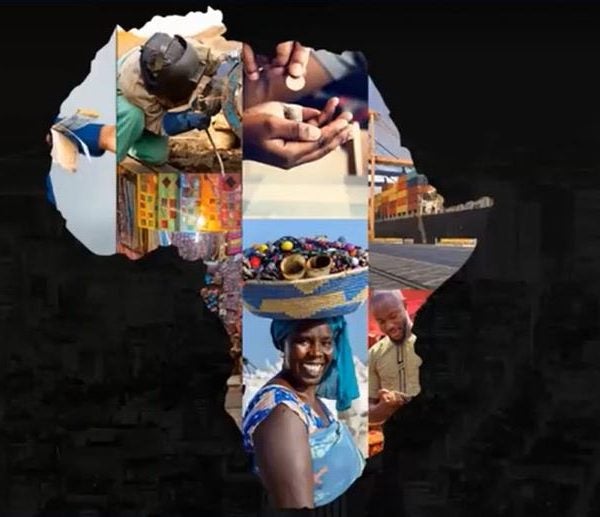
As ANDE continues to champion for an improved SGB ecosystem in Africa, it seeks to build consensus on the most pertinent advocacy issues and priorities, identify the best practices and strategies, and inspire collaboration to create a more resilient environment for SGBs, especially in the wake of COVID-19.

Value for Women and ANDE, supported by the Walmart Foundation, embark on 7 technical assistance projects in Central America, Mexico, and South Africa.
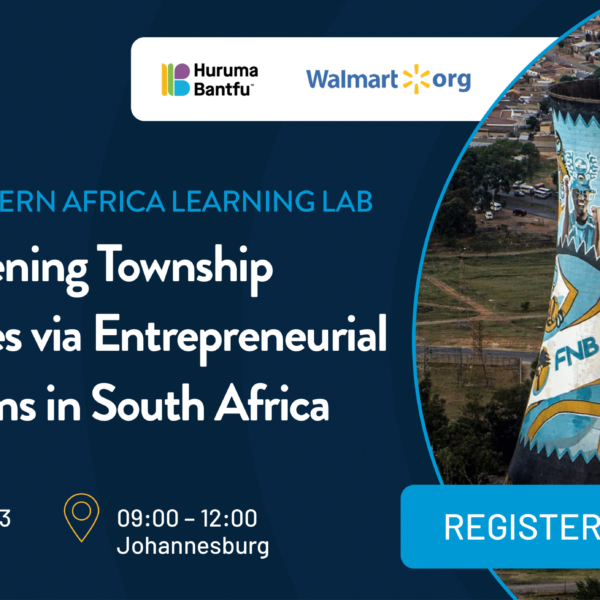
We are excited to be launching the Township Entrepreneurial Ecosystems Learning Labs aimed at supporting the development of township-based organizations providing support to small and growing businesses (SGBs) in these contexts that will address key challenges to the quality and effectiveness of services provided.












